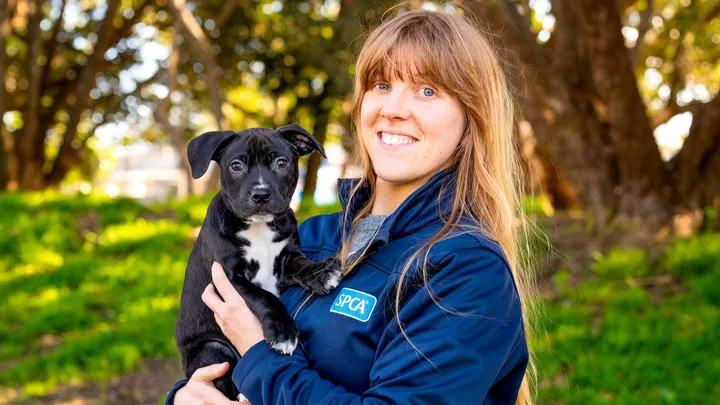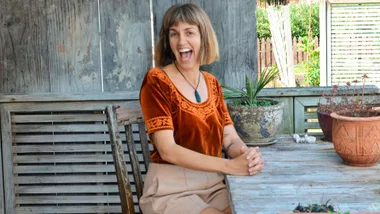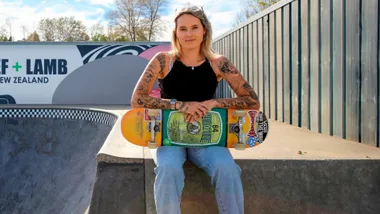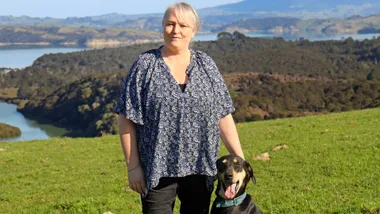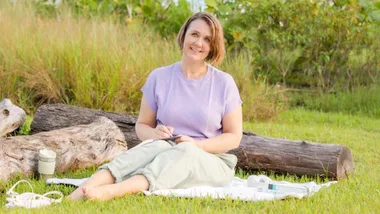For SPCA scientific officer Dr Alison Vaughan, no two days are the same. One day, she’ll be potty-training cows, the next she’ll be arguing her case with government officials for banning live exports.
Right now, however, she’s educating Kiwis on how to keep their pets calm during that ever-stressful night for pet owners – Guy Fawkes.
It’s a job Alison, 38, has always dreamed of, in a country she feels very privileged to spend time in. The Scottish animal lover feels right at home here in New Zealand. Having grown up on a horse farm in Scotland, with an uncle who ran a sheep farm, she was often surrounded by Kiwi shearers – the best in the biz, she tells. And her family home was the spot everyone would drop off their ailing rescued animals to get better.
“One thing that the UK and New Zealand have in common is that we love our animals,” she tells. “New Zealand has one of the highest rates of pet ownership in the world, similar to the UK. People are really passionate about their pets and also about other animals as well, like the wildlife here in New Zealand, my goodness! Oh, and it rains about the same here too.”
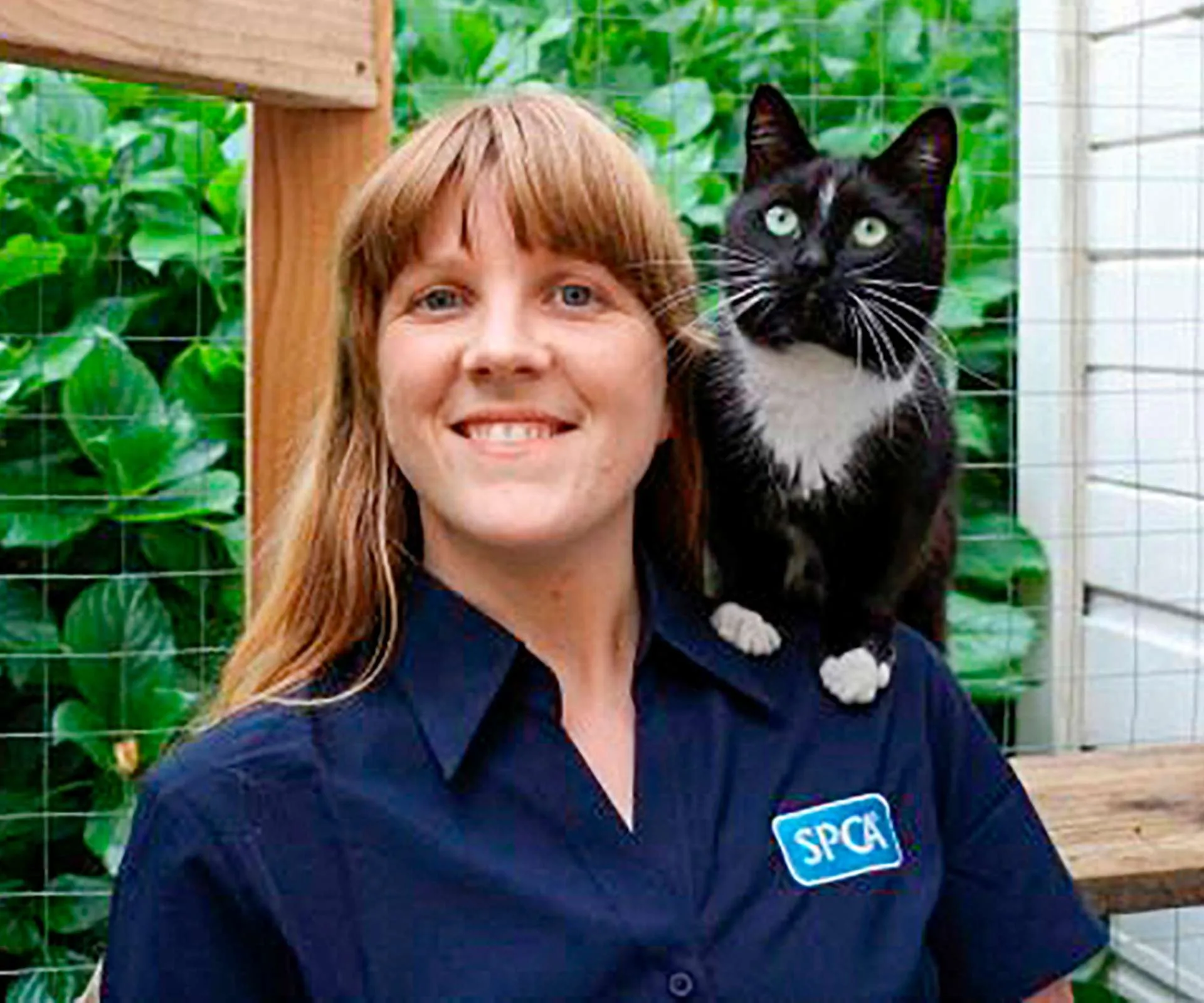
Moving to Auckland eight years ago with her partner Marco was a dream come true for Alison, as was taking the role of scientific officer with the SPCA, New Zealand’s oldest and largest animal welfare organisation
“It’s always the hardest question when people ask what your job involves,” says Alison, whose background is in applied animal behaviour and welfare. “It’s really been important throughout SPCA’s whole time that what we do is evidence-based. So we have a very small science team and our role has many facets both behind the scenes and in public-facing advocacy.”
Recently Alison has been creating awareness of animal welfare around Guy Fawkes. SPCA has teamed up with RNZ to provide a night of soothing music for animals and their owners on 5 November, a typically noisy night that fills pet lovers and pets with anxiety.
“Every year, people run into this challenge and while we’re working on pushing for legislative change, we also want to provide positive advice and solutions that will actually be helpful for individual people. Legislative change can impact thousands of animals, but we also want to reach people who we know face these types of challenges every year.”
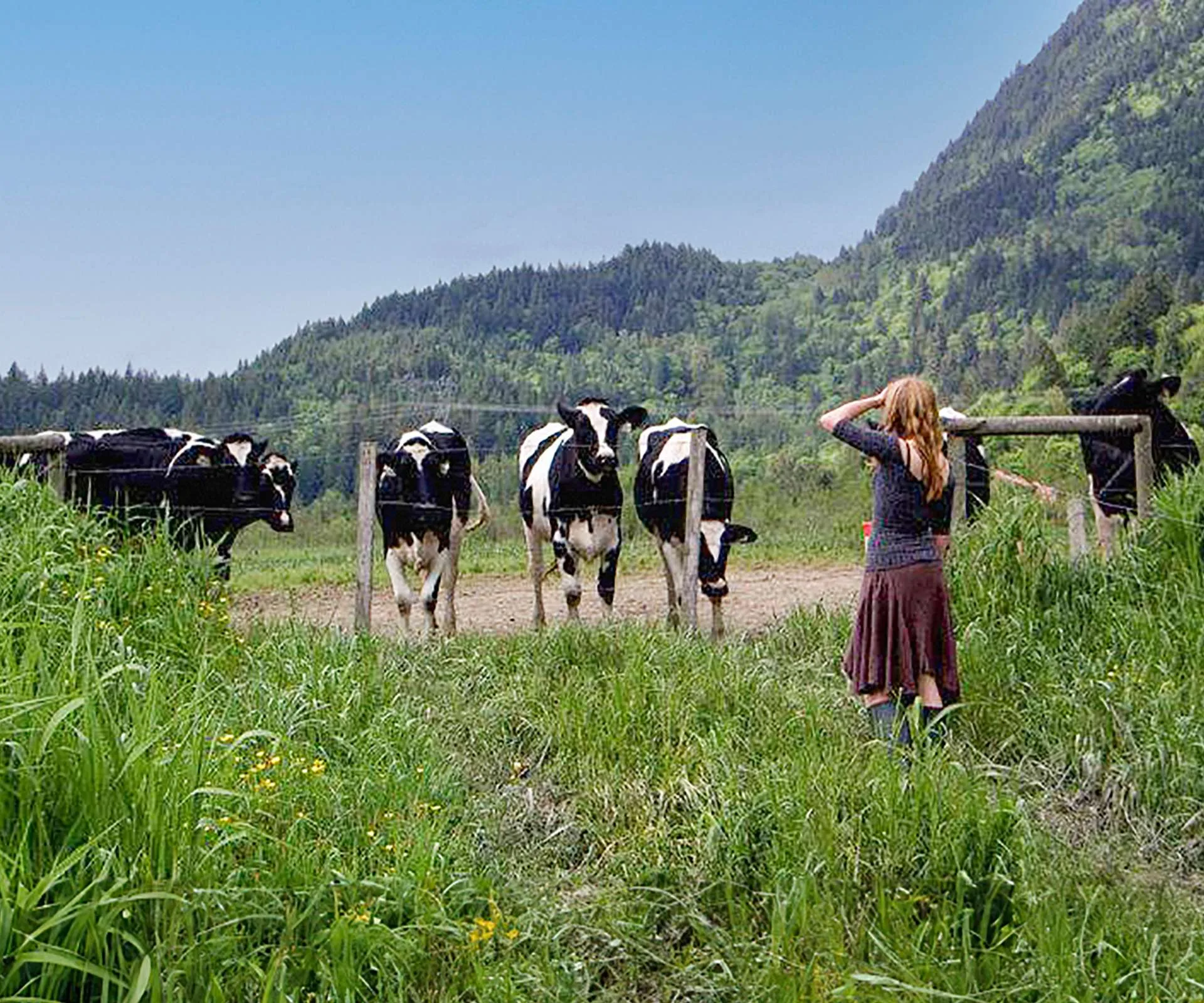
Music works the same way with animals as it does for humans. Like white noise, music masks background sounds and research shows it makes animals more relaxed in stressful environments.
“With dogs in particular, you see a reduction in barking and an increase in sleeping,” explains Alison. “And there’s some evidence to suggest it reduces stress.”
But it’s not just pets that suffer during Guy Fawkes.
“November in the UK, where Guy Fawkes started, is in winter. But in New Zealand, it’s spring, which is nesting season for birds. There’s good research to show that fireworks really impact these birds and it just seems madness to me that we aren’t considering the wider impacts on our native wildlife.
“This is an opportunity for people to think about forgetting their own private display and instead go to a public one.”
How to keep pets calm at Guy Fawkes
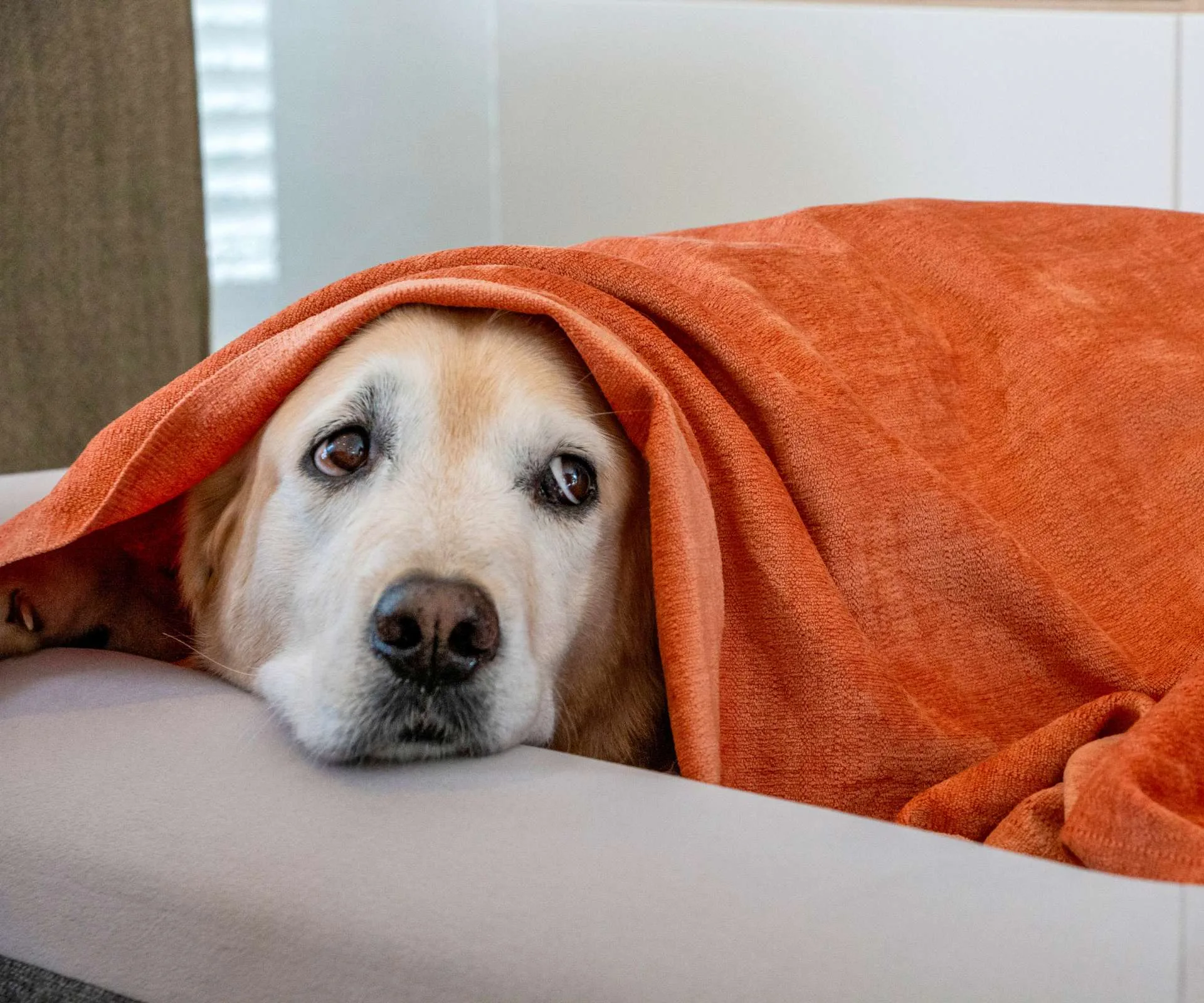
Prevention is key
Socialise puppies and kittens to potentially scary sounds early. Keep it positive by pairing online videos at a gradually increasing volume with treats or cuddles before firework season.
Plan ahead
Consult your vet about medications to reduce fireworks-related stress ahead of time.
Keep pets indoors
Ensure your pets are secure inside before fireworks start. You may need to exercise your dog earlier than usual.
Close windows and curtains
This helps to block flashing lights and muffle loud noises.
Create a safe space
Set up a cosy area with familiar bedding, toys and distractions, like puzzle feeders or chews.
Use calming aids
Pheromone diffusers, sprays, collars or anxiety wraps can help pets feel safer and more relaxed.
Play background noise
Soothing music like classical, reggae or soft rock can help mask firework noises and also reduce stress.
Stay with them
Follow your pet’s lead – whether they want reassurance or space. Be home to ensure their safety in case of injury.
Tune into RNZ’s Concert For Animals on 5 November from 6pm to midnight. The broadcast will be available on the radio on RNZ Concert, rnz.co.nz/concert or the RNZ app.
